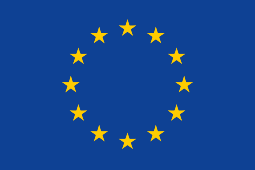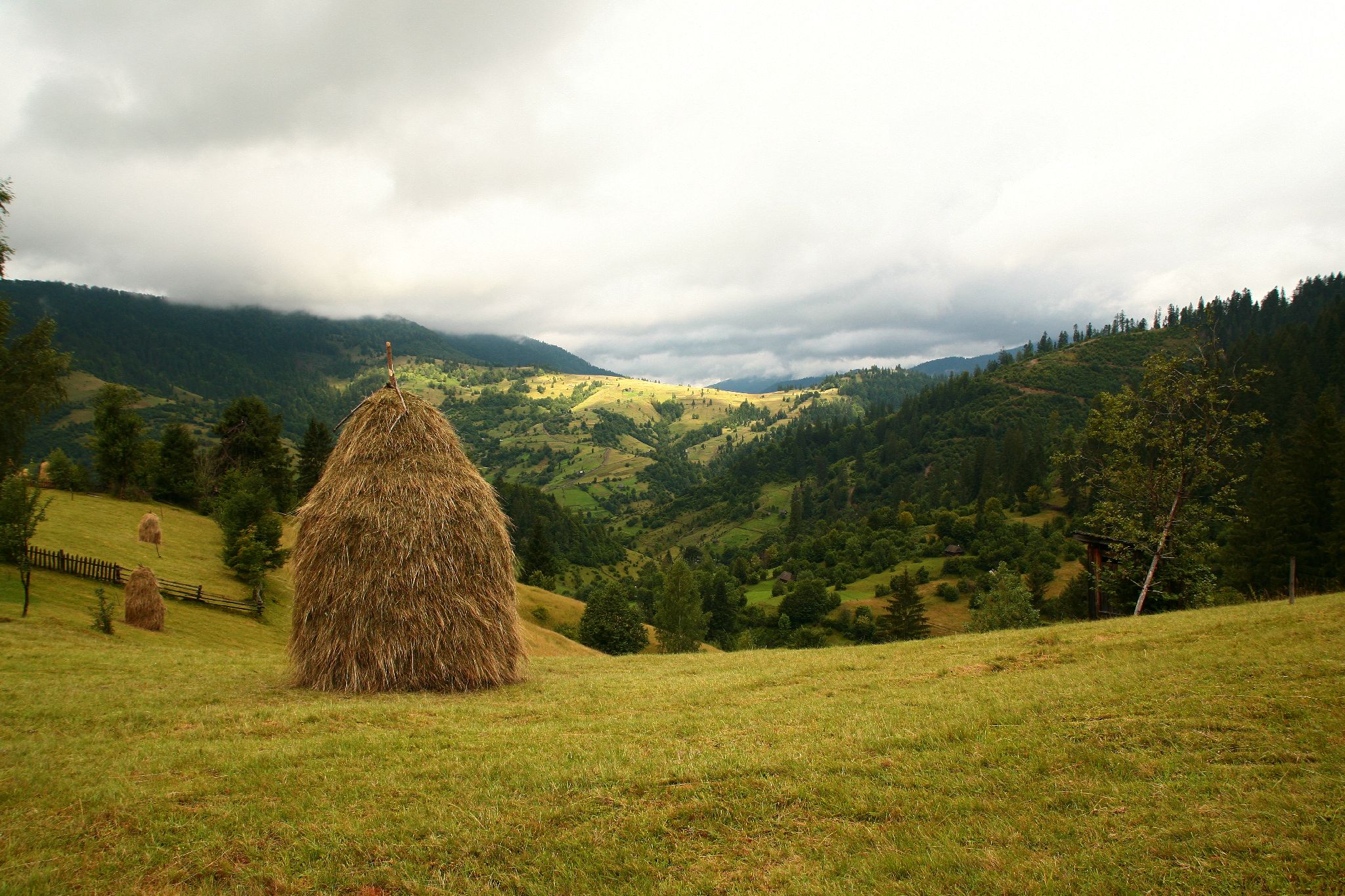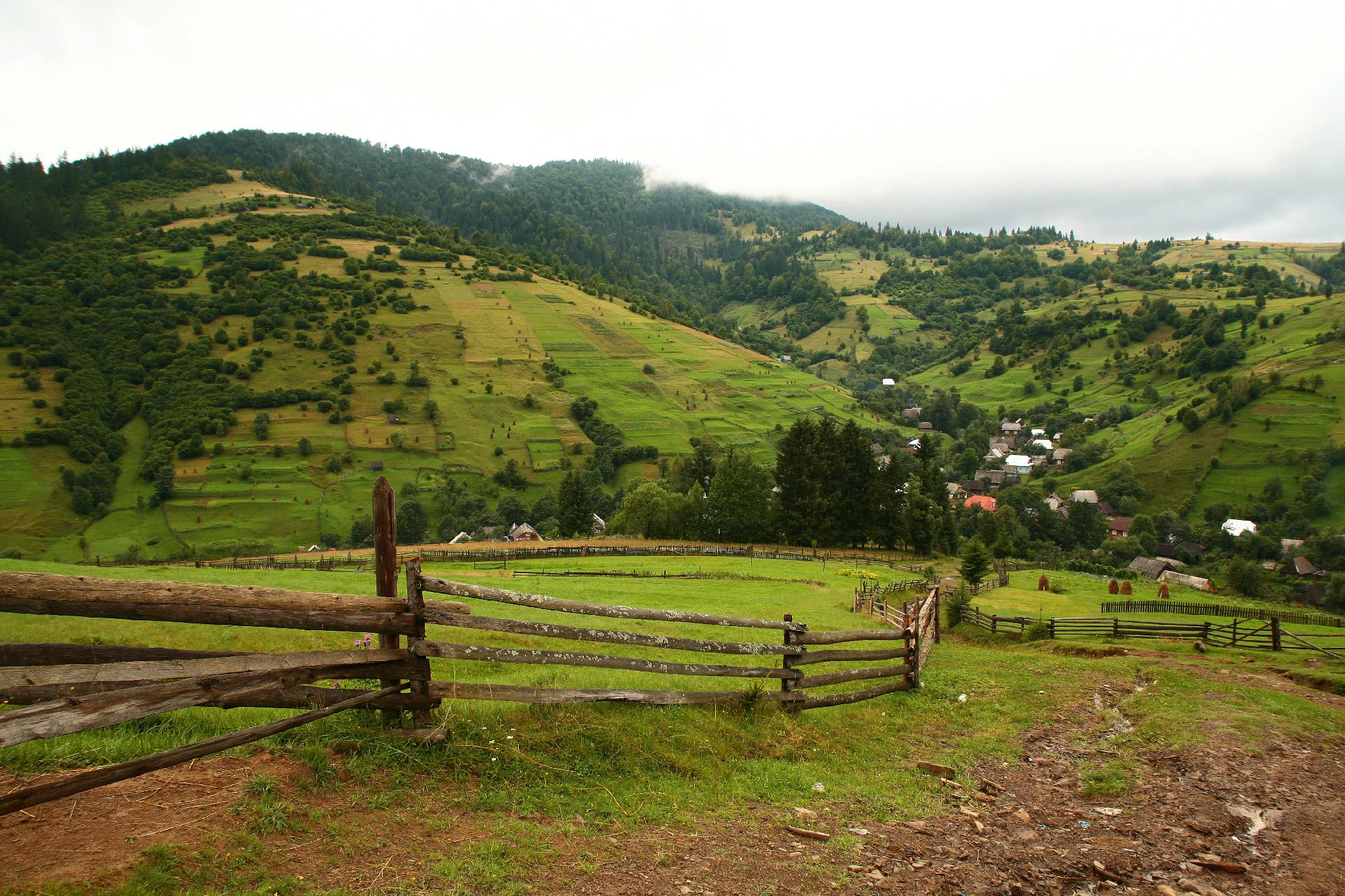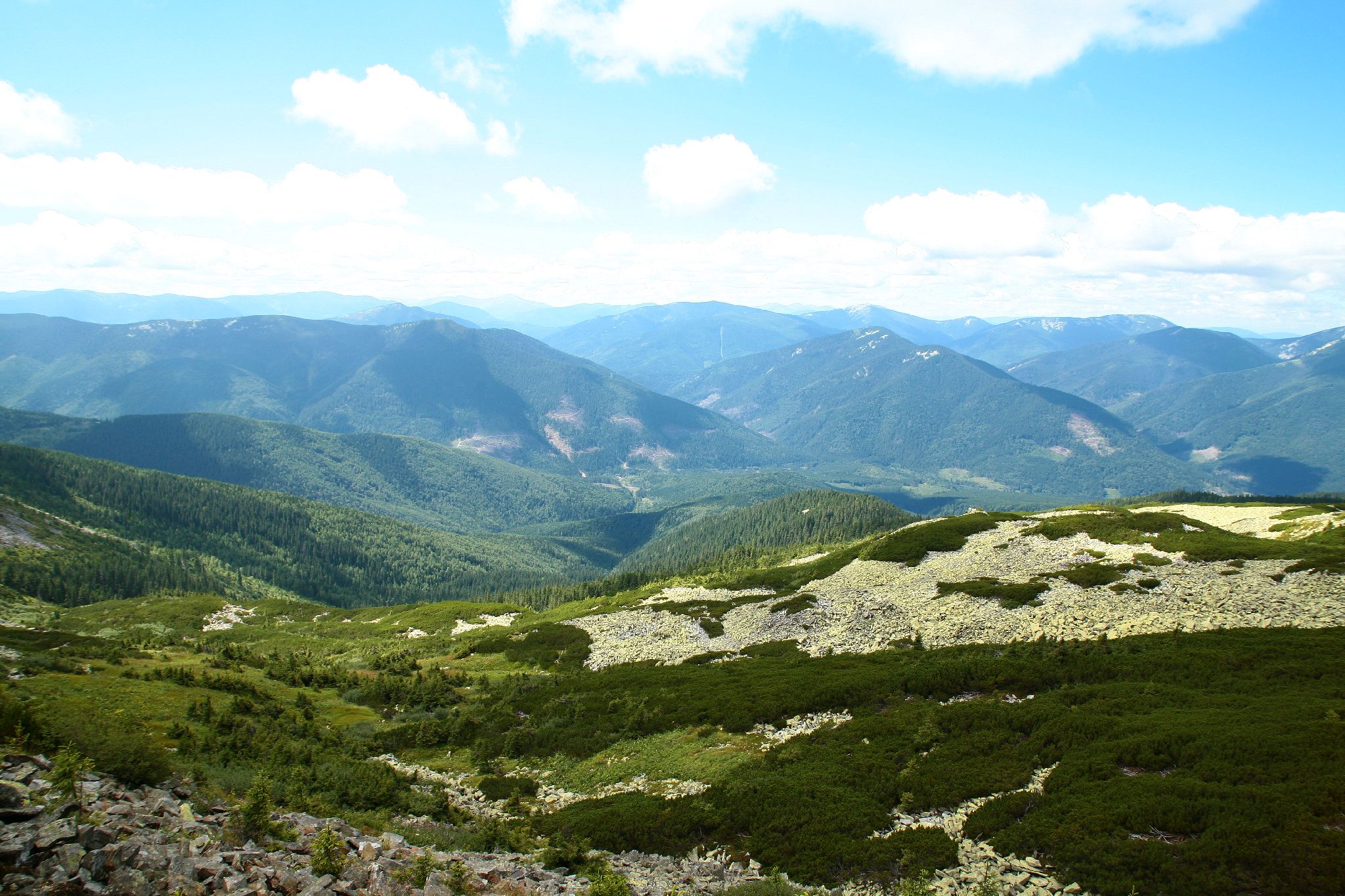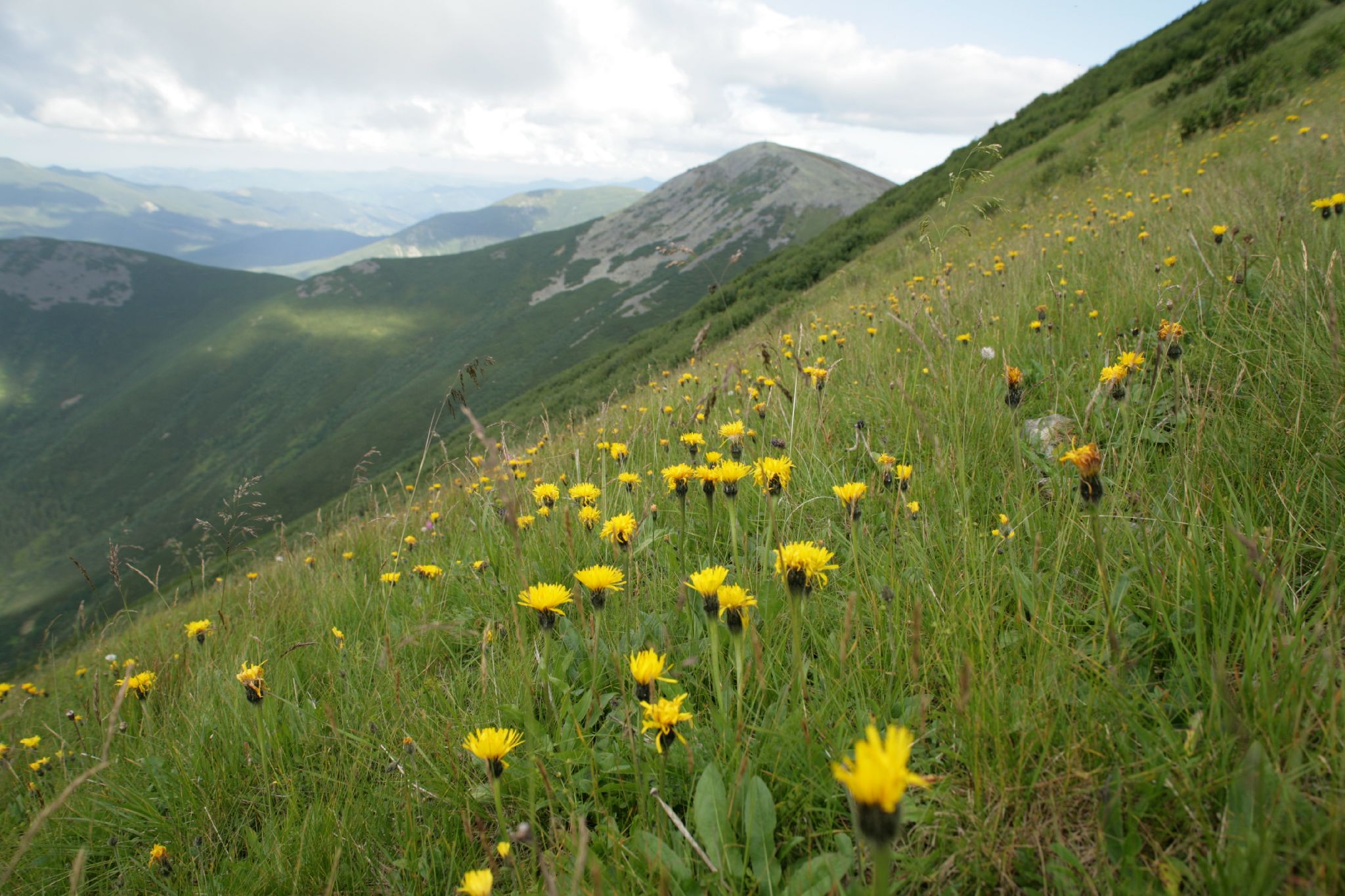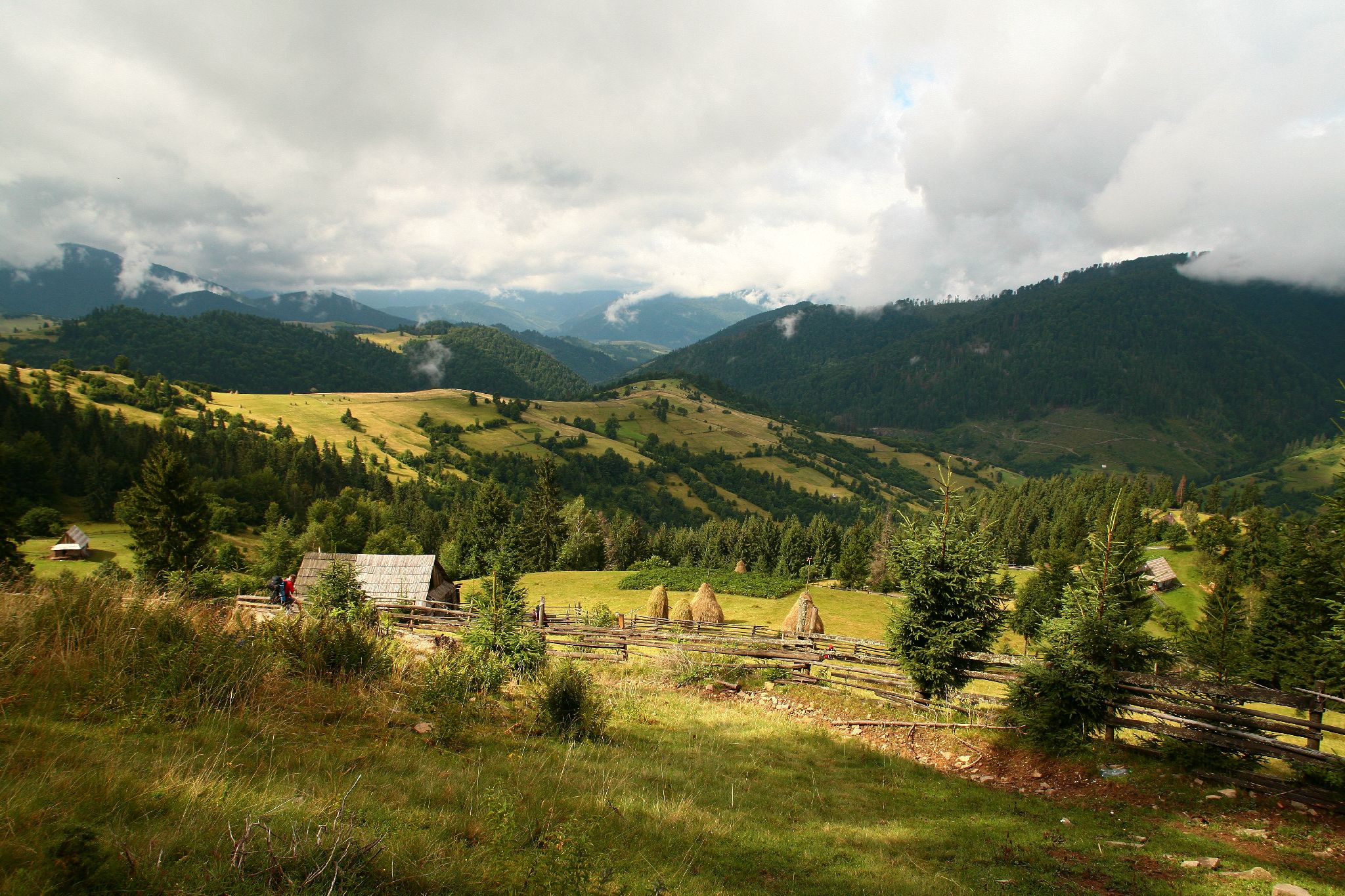20 September 2021 - Young people actively participate in international summer camp „Exploring connectivity of our Region, Maramures”
Images
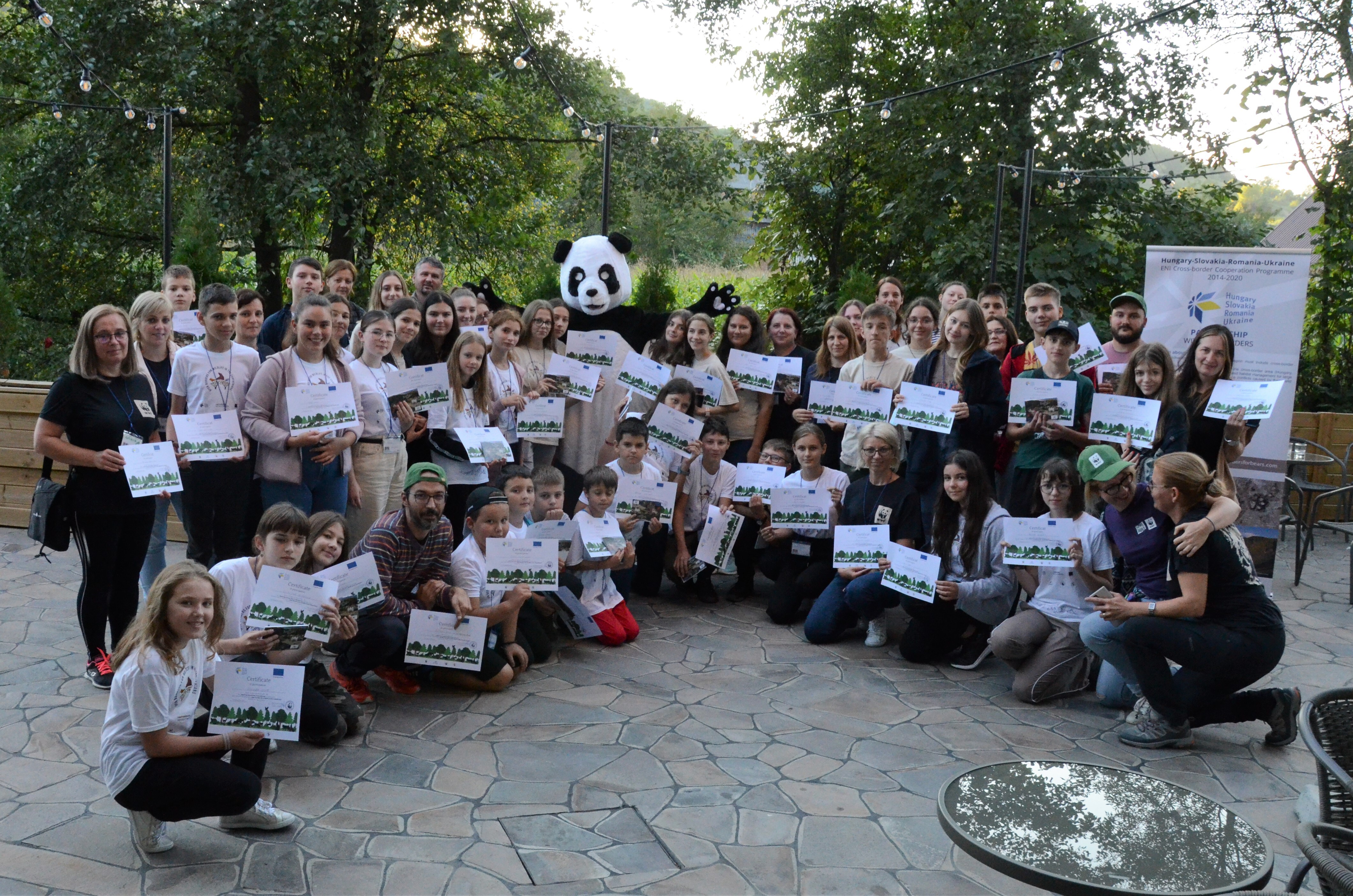
Content
WWF Romania - Maramureș branch organized international camp "Exploring connectivity in our Region, Maramureș", an event held within the project "Open borders for wildlife in the Carpathians", www.openbordersforbears.com. The project aims to identify and secure the network of cross-border ecological corridors as well as the populations of large carnivores (bear, wolf, lynx) in the HUSKROUA Carpathians.
International camp took place between 6 and 8 September 2021, near the natural protected area Codrii Seculari of Strâmbu Băiuț (part of UNESCO World Natural Heritage Site Ancient and Primeval Beech Forests). The purpose of the camp was to connect with nature, connect with each other but also to raise awareness among young people about the importance of large carnivores in order to ensure the balance of the entire ecological system. For 3 days, more than 60 participants from Romania, Ukraine and Slovakia had the opportunity to discover how and where large carnivores live as well as how they influence the entire food chain in the Carpathians. During the camp participants gained relevant thematic knowledge and developed competences relevant and needed in order to become active citizens for nature protection. The whole activity of the camp was built upon an educational guide developed by the project partners, called "Guide for exploring connectivity in our Maramures region". The guide is a useful tool for experiential learning through analysis, initiative and immersion and it will be piloted in schools in Romania and Ukraine (VII - X grades).
Project partners believe that this camp and this guide will inspire young people to join us in actively protecting nature in the Carpathians, for the benefit of wildlife and human communities.
"Open borders for wildlife in the Carpathians" started on October 1, 2019 and is funded by the Hungary-Slovakia-Romania-Ukraine ENI Cross-Border Cooperation Program 2014-2020, for a period of 30 months. WWF Romania - Maramureș branch, together with project partners from Ukraine (RakhivEcoTur Organization), Hungary (Aggtelek National Park) and Slovakia (SOS BirdLife) will contribute to the protection of biodiversity in the Carpathian Ecoregion by improving connectivity between habitats and maintaining functions and services provided ecosystems, support for sustainable development.
